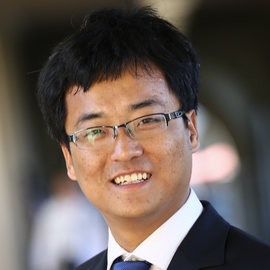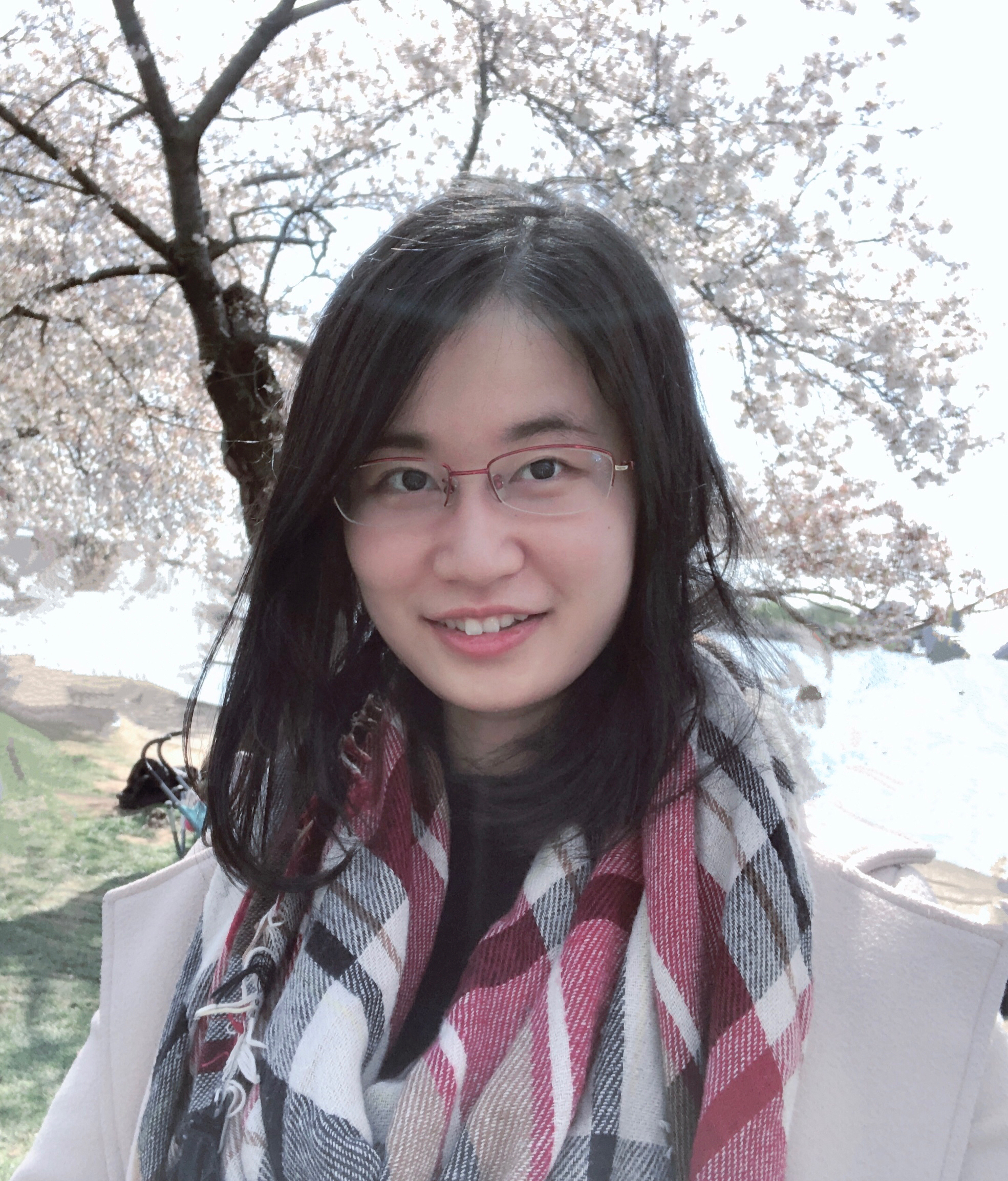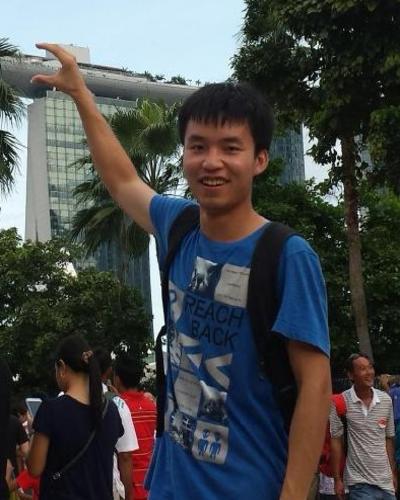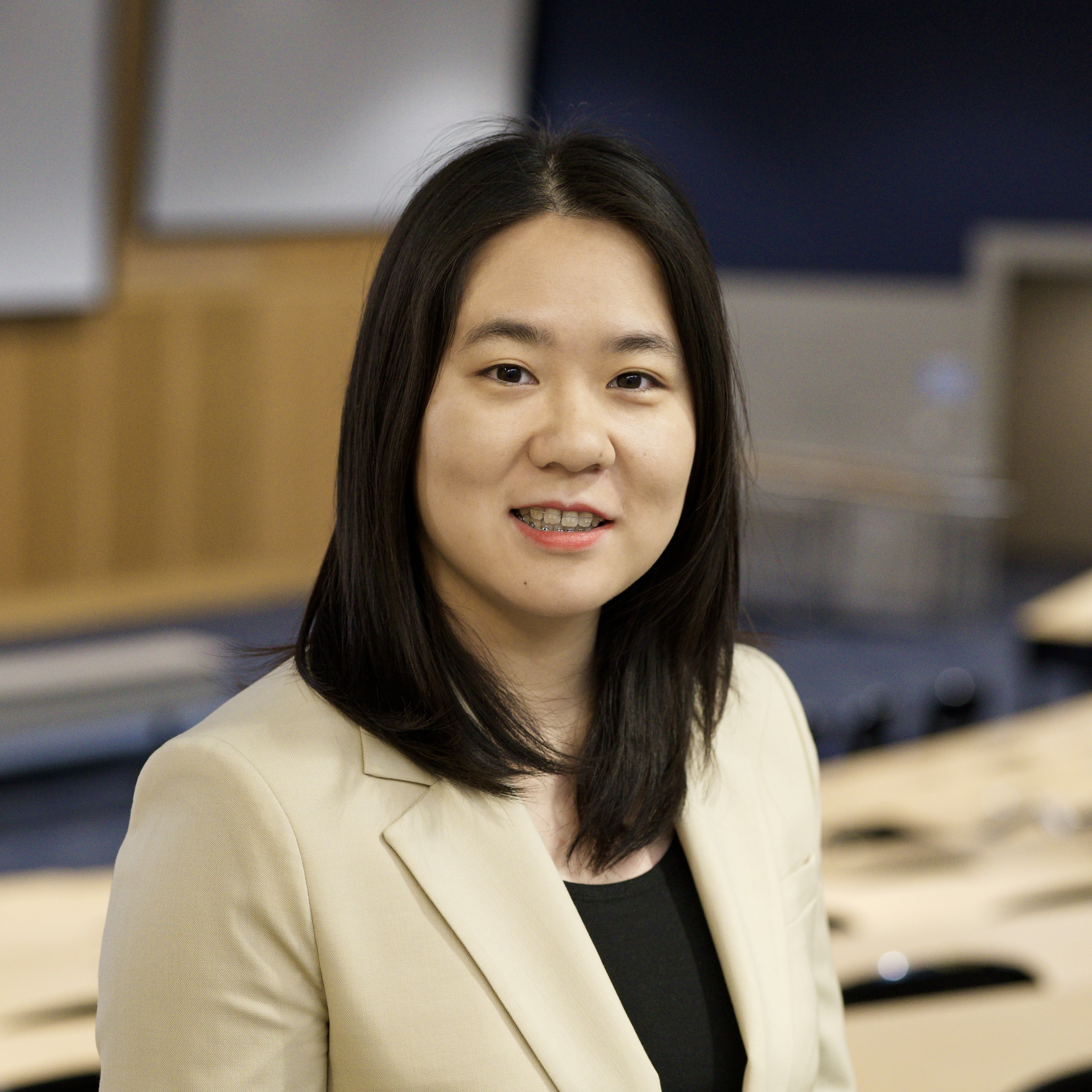Contact
The detailed information about our organizing committee members is below:
(Click on members' names to access their bio)

Beiyu Lin
beiyu.lin@ou.edu
She is an assistant professor in the Department of Computer Science at the University of Oklahoma. She focuses on mining sensor data and studying their diverse applications. Beiyu has received several honors and awards, such as Best Applied Data Science Paper Award at SDM 2021. She has organized several workshops and tutorials on AI, such as Google exploreCSR and SDM Tutorials.

Dongjin Song
dongjin.song@uconn.edu
He is an assistant professor in the Department of Computer Sci- ence and Engineering at the University of Connecticut. He has publications at top-tier data science and AI conferences, such as AAAI, IJCAI, NeurIPS, etc. He won the UConn Research Excellence Research (REP) Award in 2021. He has co-organized a series of Workshops.

Tianlong Chen
tianlong@cs.unc.edu
He is an assistant professor in the Department of Computer Science and Engineering at the University of North Carolina at Chapel Hill. He has publications at top-tier data science and AI conferences, such as EMNLP, ICML, etc. He received AdvML Rising Star in 2023 and other awards.

Jing Ma
jing.ma5@case.edu
She is a Timothy E. and Allison L. Schroeder Assistant Professor in the Department of Computer & Data Sciences at Case Western Reserve Univer- sity. Her research focuses on trustworthy AI, causal machine learning with publications in top venues such as NeurIPS, KDD, etc. She has received the SIGKDD Best Paper Award (2022), AAAI New Faculty Highlights (2024), etc.

Pan He
pan.he@auburn.edu
He is an Assistant Professor in the Department of Computer Science and Software Engineering at Auburn University. His research centers on machine learning, smart infrastructure, etc.

Sihong He
sihong.he@uta.edu
She is an Assistant Professor in the Department of Computer Science and Engineering at University of Texas, Arlington. Her research has focused on robust and data-driven interconnected CPS with publications at ICML, NeurIPS, etc.